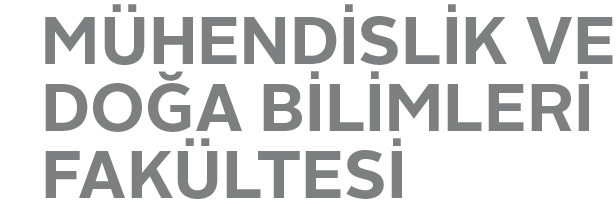Ensemble Canonical Correlation Analysis
Abstract:
Canonical Correlation Analysis (CCA) aims at identifying linear dependencies between two different but related multivariate views of the same underlying semantics. Ignoring its various extensions to more than two views, CCA uses these two views as complex labels to guide the search of maximally correlated projection vectors (covariates). Therefore, CCA can overfit the training data, meaning that different correlated projections can be found when the two-view training dataset is resampled. Although, to avoid such overfitting, ensemble approaches that utilize resampling techniques have been effectively used for improving generalization of many machine learning methods, an ensemble approach has not yet been formulated for CCA. In this paper, we propose an ensemble method for obtaining a final set of covariates by combining multiple sets of covariates extracted from subsamples. In comparison to those obtained by the application of the
classical CCA on the whole set of training data, combining covariates with weaker correlations extracted from a number of subsamples of the training data produces stronger correlations that generalize to unseen test examples. Experimental results on emotion recognition, digit recognition, content-based retrieval, multiple view object recognition dataset, and a miRNA bioinformatics datasets have shown that ensemble CCA has better generalization for both the test set correlations of the covariates and the test set accuracy of classification performed on these covariates.
Bio:
Olcay Kursun received his BS and MS degrees in Computer Engineering from Bogazici University in 1998 and 2000, respectively. He received his PhD degree in 2004 in Computer Science from the University of Central Florida (UCF), where he worked in neuroscience research projects in collaboration with Dr. Favorov from the Biomedical Engineering Department of the University of North Carolina. He was appointed as lecturer and postdoc researcher at UCF from 2003 to 2006.
Since 2009, he has been appointed in the Department of Computer Engineering at Istanbul University. He has received the Associate Professor title in 2013. His research interests are in the field of pattern recognition with particular interest in canonical correlation analysis, multiview learning models, kernel methods, biological neural models, and their applications in neuroscience, biomedical engineering and bioinformatics.

